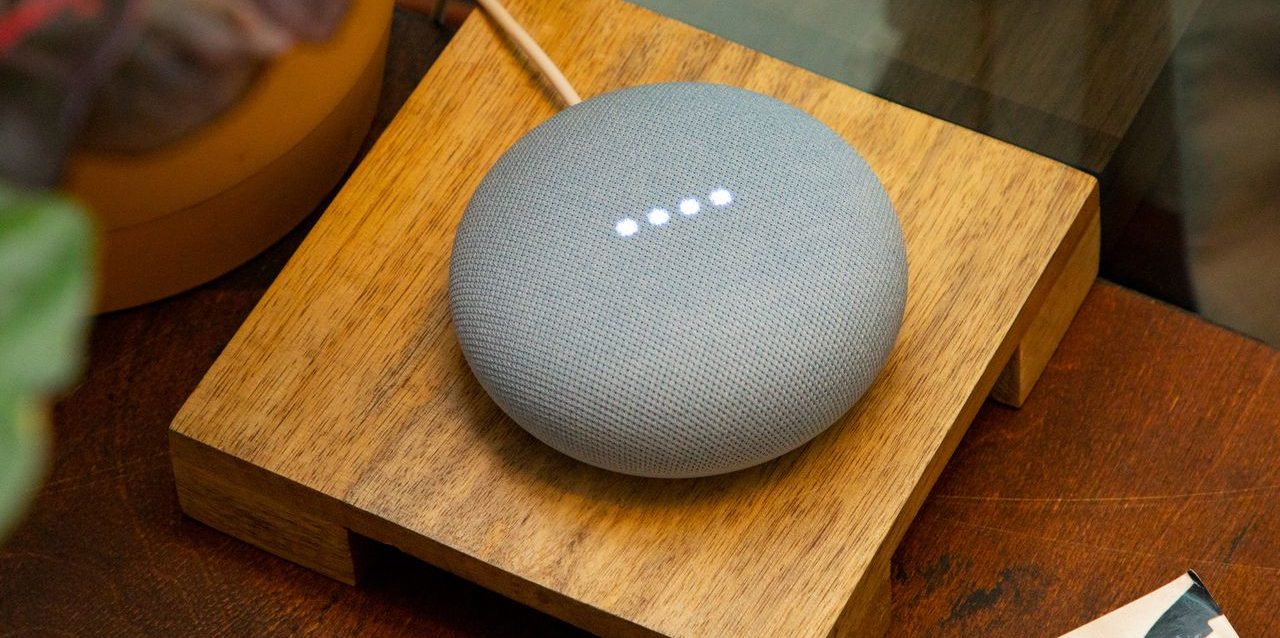Google Home Meltdown: What Businesses and Governments Need to Know
The ongoing issues with Google Home devices, escalating from user reports of malfunctions to the potential for legal action, represent a crucial lesson for organizations of all sizes about the risks and responsibilities associated with connected devices. This isn’t just a consumer issue; it highlights broader concerns about data security, product reliability, and the potential impact of widespread device failure.
While the specifics of the “meltdown” are still emerging, the core issue appears to be a significant malfunction rendering some Google Home devices unusable. This disruption has several key implications:
- Reputational Damage: For Google, this incident erodes consumer trust. It reinforces concerns about the longevity and reliability of smart home technology. Businesses and government agencies relying on Google’s ecosystem for internal operations or public services need to consider the potential for similar disruptions and the associated reputational fallout.
- Data Security Concerns: While the current issue doesn’t appear to be directly related to data breaches, it raises questions about the security of data stored on and transmitted through these devices. Microsoft calls out Apple Intelligence AI security flaw which could have let hackers steal private data This is a critical consideration for any organization utilizing connected devices, especially those handling sensitive information.
- Business Continuity: The reliance on connected devices for various business functions introduces a new point of failure. This Google Home incident underscores the importance of contingency planning. Organizations should have backup systems and processes in place to mitigate the impact of device failures. Embracing the Cloud: Why Training Academies Should Adopt Cloud Computing and Cloud Technologies
Actionable Insights for Organizations
This situation offers valuable lessons for organizations navigating the increasingly complex landscape of connected devices:
- Diversify your tech stack: Over-reliance on a single vendor or platform can create vulnerabilities. Consider incorporating alternative solutions and providers to minimize the impact of potential disruptions.
- Prioritize security: Implement robust security protocols for all connected devices, including regular updates, strong passwords, and network segmentation. ByteDance AI tool Trae caught spying on users
- Develop a response plan: Establish a clear protocol for handling device failures, including communication strategies for internal stakeholders and customers, as well as technical solutions for restoring functionality.
- Stay informed: Keep abreast of industry news and security advisories to anticipate potential threats and proactively address vulnerabilities. The Role of African Governments in Fostering AI and Digital Innovation
The Bigger Picture: Trust and Transparency
The Google Home incident highlights the growing need for transparency and accountability in the tech industry. Consumers and organizations alike are becoming increasingly aware of the potential risks associated with connected devices. Building and maintaining trust requires proactive communication, responsible data handling practices, and a commitment to product reliability.
The potential lawsuit against Google serves as a stark reminder that organizations must prioritize user experience and product integrity. Failure to do so can have significant legal and financial consequences.
This event provides a valuable opportunity for organizations to review their own strategies related to connected devices. By learning from Google’s challenges, businesses and government entities can strengthen their own resilience and build a more secure and reliable technological foundation.








